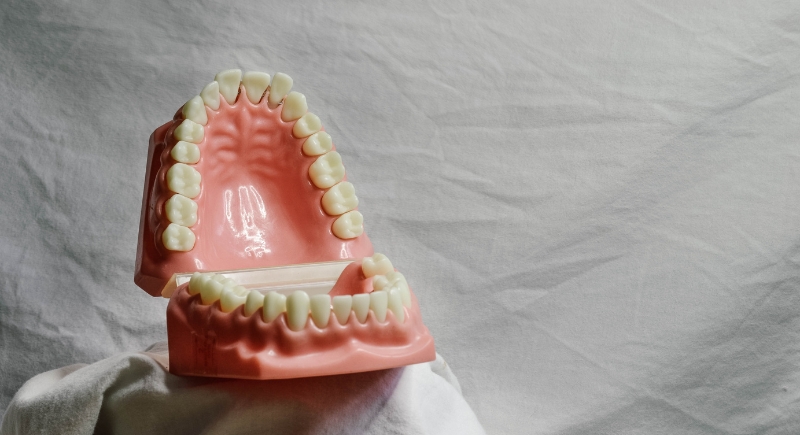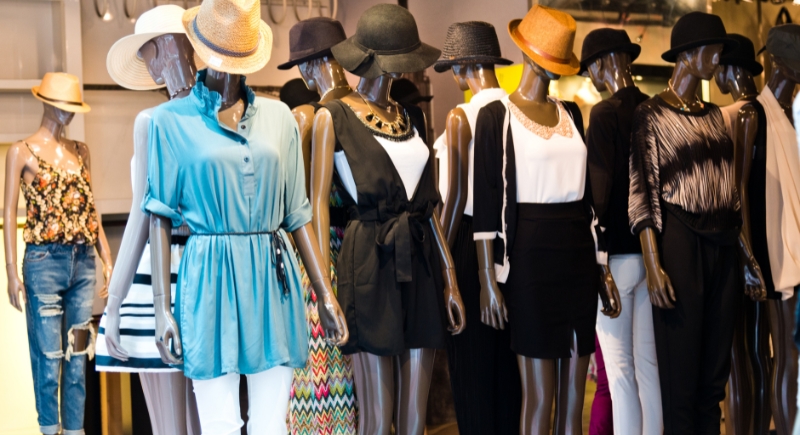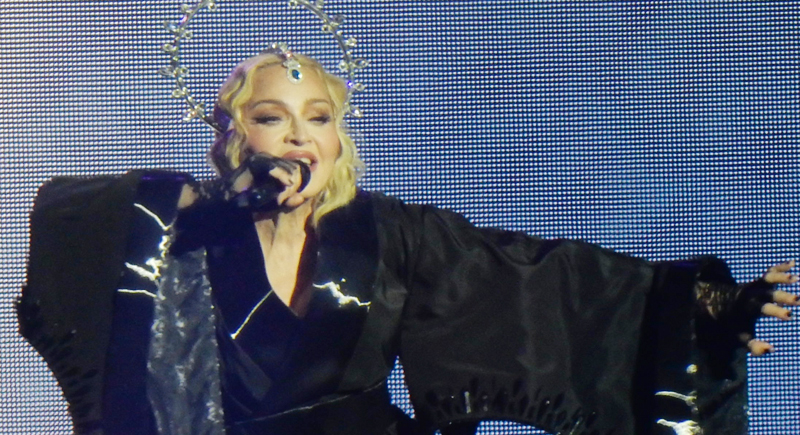14 Moments That Make You Realize You’re Becoming the Older Generation
You probably don’t feel old. Most people don’t—until something oddly specific reminds them they’re not as young as they thought. Someone calls you “sir,” or a kid doesn’t know Madonna. You’re still you, but things around you quietly move on. Then it clicks—you’ve crossed into a new age bracket, even if no one gave you a warning. These moments make it unmistakably clear.
Teeth Shift After Long-Term Alignment

Credit: pixabay
After years of straight teeth, many individuals find unexpected crowding in the lower front row. Dental experts say this often results from gum changes, bone loss, or grinding during sleep. Without consistent retainer use, teeth tend to shift gradually over time. The movement usually shows up in midlife and often catches adults off guard.
Birth Year Moves Further Down the List

Credit: Getty Images
Online forms display birth years that once required minimal scrolling. But now that same list takes time to reach. It’s a design detail that seems minor, but it tends to leave an impression. If you were born before the mid-’90s, you may notice it while registering for basic services.
Falls Draw Concern

Credit: Getty Images
A trip to work or in public used to result in teasing or laughter. Now it’s followed by immediate questions: “Are you okay? Do you need to sit down?” As people get older, even minor incidents get treated more seriously. The body might recover quickly, but observers treat the risk differently.
Gradually Losing Height

Credit: freepik
People begin shrinking as early as their 40s. Height loss happens incrementally, often without early signs. Spinal disc compression, weaker posture muscles, and flatter foot arches contribute to this phenomenon. By 70, men typically lose about an inch, and women closer to two. A more significant loss may point to osteoporosis.
Bending Down Triggers Audible Groans

Credit: Canva
Tying shoes, reaching for dropped keys, or grabbing something from the floor comes with unintended sound effects. Knees feel stiff, and standing back up isn’t instant. The movement doesn’t hurt, but it’s no longer seamless. Many see it in their late 30s, especially if their routines lack stretching or strength-based exercise.
Voice Loses Strength and Clarity

Credit: Getty Images
People hear themselves recorded and notice a thinner or weaker tone. Doctors trace this to aging vocal cords, which become less elastic and don’t close as tightly during speech. Pitch may shift slightly depending on hormone levels, and stamina for speaking can decline. A persistent hoarse voice or sudden alteration should be checked by a specialist in voice health.
Shopping Habits Shift Toward Value

Credit: Getty Images
Bulk snacks, freezer meals, and long-lasting household items take priority. You might swap deals, track savings, and shop with long-term use in mind. Whenever you go out to do your weekly or monthly groceries, buying in bulk makes greater sense than it used to. Cost-saving tactics like digital coupons also start to replace impulsive purchases.
Hair Color Maintenance Changes

Credit: Canva
You sit down for your usual haircut, and your stylist works color into the mix without mentioning it. You probably didn’t catch the gray strands, but someone else did. The style choice gradually becomes maintenance.
Staying Home Replaces Social Plans

Credit: Canva
After a long week, staying in takes priority over loud venues or late nights. People choose to stay at home on purpose, not out of laziness, but because comfort matters more. Streaming shows, favorite snacks, and quiet evenings feel like the better option.
Youth Fashion Cycles Create Unexpected Flashbacks

Credit: Getty Images
While walking through a store, you may spot a mannequin wearing low-rise jeans, a cropped hoodie, and chunky sneakers—the same combination you wore in high school. Meanwhile, teenagers scroll through outfits that filled your yearbook pages, but they have no idea it’s been done before.
Slang Becomes Research Material

Credit: Canva
A new phrase shows up online, and instead of picking it up naturally, you might find yourself pausing to verify its meaning. Slang spreads fast, especially through social media, and meanings change quickly. Some people begin using online dictionaries or search engines just to keep up.
Kids You Babysat Are Taller Than You

Credit: freepik
Adults remember changing diapers, reading bedtime stories, and chasing toddlers around the living room. Then those same kids show up taller than them, holding car keys or college brochures. Watching someone grow that much makes aging feel real, more than birthdays ever could.
Cultural References Require Additional Context

Credit: Wikimedia Commons
You mention a celebrity or TV show without thinking twice, and the person you’re talking to doesn’t recognize the name. All of a sudden, Madonna and Miley Cyrus, figures who dominated headlines, require context. The moment feels strange, not because the reference is obscure, but because you assumed it was obvious.
High School Anthems Play as Throwbacks

Credit: IMDb
Pop radio stations include songs from the early 2010s in their “classic” segments. Tracks like “Call Me Maybe” or early Drake—once played at school dances or on driving playlists—are grouped with older hits. The music itself sounds the same, but hearing it labeled as retro catches people off guard.
Age No Longer Triggers ID Checks

Credit: Getty Images
At some point, buying alcohol stops triggering the usual ID check. You place your items on the counter, ready to pull out your license, but the cashier finishes the transaction without asking. There’s no specific moment you began to look older, but something about your face, posture, or presence answers the question before it’s asked.